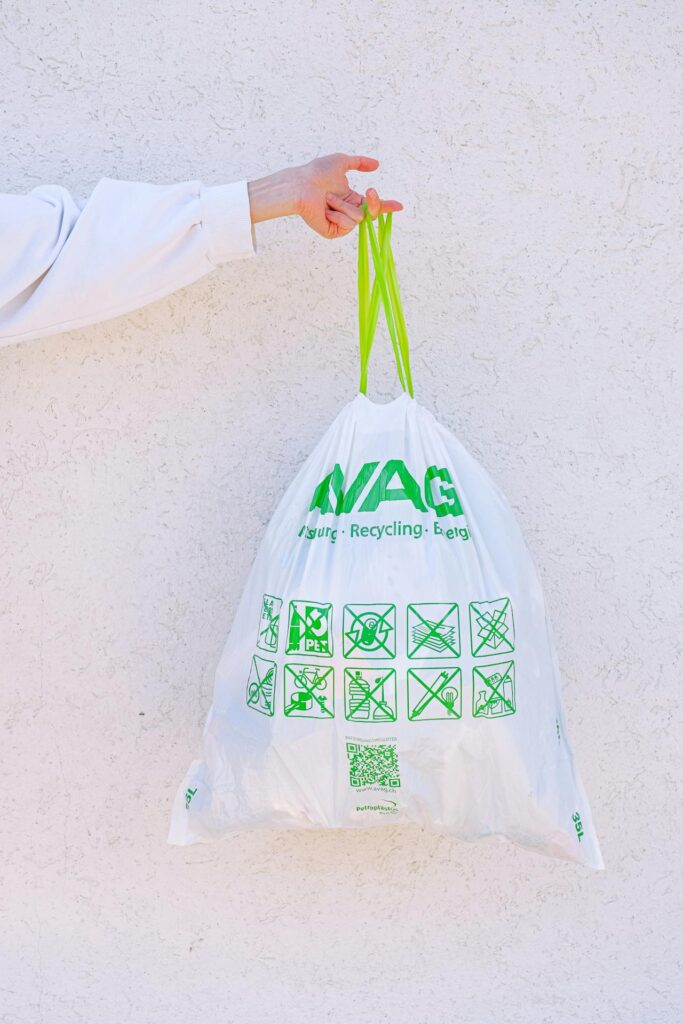Recycling is essential for a sustainable future, and understanding what can be recycled is crucial. In Australia, the yellow recycling bin is a key component of the waste management system. This blog will explore what items belong in the yellow recycling bin, answer ‘How does recycling work in Australia?’, the benefits of proper waste separation, and guide recycling across different states.
Embrace sustainability with our vibrant yellow bins, dedicated to recyclables. Leveraging these container bins minimises waste headed to landfills, conserves precious natural resources, and bolsters the recycling sector. A clear insight into permissible items for these bins amplifies the efficiency and effectiveness of our recycling efforts.

No, bubble wrap cannot go in the yellow bin. It should be taken to a designated plastic bag recycling point at supermarkets.
Shredded paper can be recycled but should be placed in a paper bag or box to prevent it from blowing away during collection.
Items contaminated with food or liquid should not go in the yellow bin – to avoid contamination, rinse all recyclables.
Many people are unsure about what can and cannot be recycled, leading to contamination.
Differences in recycling rules between states can cause confusion.
Limited space for recycling bins or lack of access to recycling facilities can hinder proper waste separation.

Public awareness campaigns can inform people about proper recycling practices.
Harmonising recycling regulations across states can reduce confusion.
Improving access to recycling bins and facilities can encourage better waste management.
Proper use of the yellow recycling bin is crucial for effective waste management in Australia. By understanding what can be recycled and adhering to guidelines, we can all contribute to a more sustainable future. At Elephant’s Foot, we are committed to supporting recycling efforts through our range of high-quality waste management solutions. For more information on our services, visit our website, or contact us.
For more details on waste management and recycling, check out our other resources:
Embrace the values of respect, diversity, and community by joining us in promoting a more sustainable and inclusive future through Elephants Foot’s dedication to the RAP Plan.

